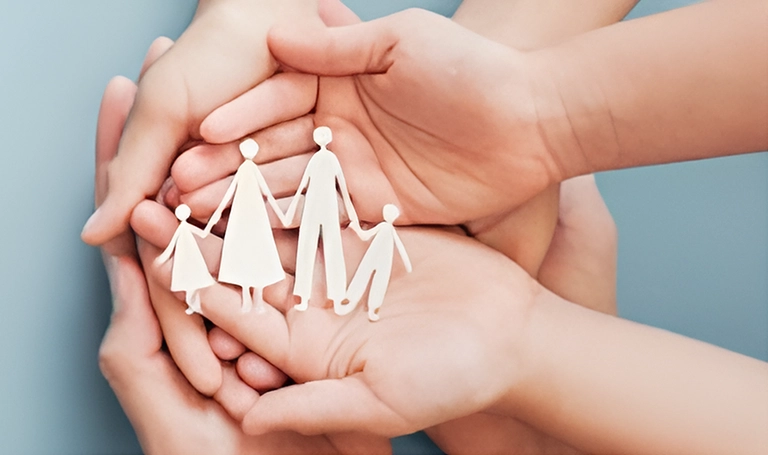
By Emma Olberg
Wendy Olberg, a Batavia mom whose second child has autism, explains what it is like raising an autistic daughter and how it has affected her life.
Q: What were your initial thoughts when you found out your daughter was diagnosed with autism?
A: “I wasn’t too surprised just based on what I knew about autism before, as a speech and language pathologist. But it was still a tough thing to swallow because you just know it comes with a lot of challenges. But also a lot of unique experiences that most other people don’t get to have because she sees the world in such a different way than most people. It was a little bit sad and frustrating for a while. But now we’ve gotten her lots of therapy, she has such a personality and she’s so funny and so sweet. Initially, you wonder like ‘what are we going to do?’”
Q: What decided to keep her?
A: “I would never consider that, you just have to love whatever God gives you and your child.”
Q: What’s the biggest struggle for you as a mom?
A: “I mean, it sometimes is ADHD because I feel like our house is falling apart because she’s kind of hard on things. I always feel like ‘Ugh I really don’t want to have people over’ but I’ve realized that people who are our true friends and really care about us don’t really care about that”.
Q: What would you say has helped you the most throughout raising her?
A: “Well, having my other daughter helping her cause she loves being around you and your friends. We live in a great area with a good school district and lots of therapy opportunities that aren’t every where. Having my mom as a retired special education teacher has helped so much.“
Q: What would you say is her biggest struggle?
A: “I think communication but how it relates to her, how much she’s able to accomplish academically. Because she’s not reading at a typical level of a sixth grader, and being able to read questions and all that stuff is so much of what school is so graduating from high school, and getting college degrees, being able to function in a job, that are so much related to language skills. That’s the part where we know she’ll never be able to communicate.”